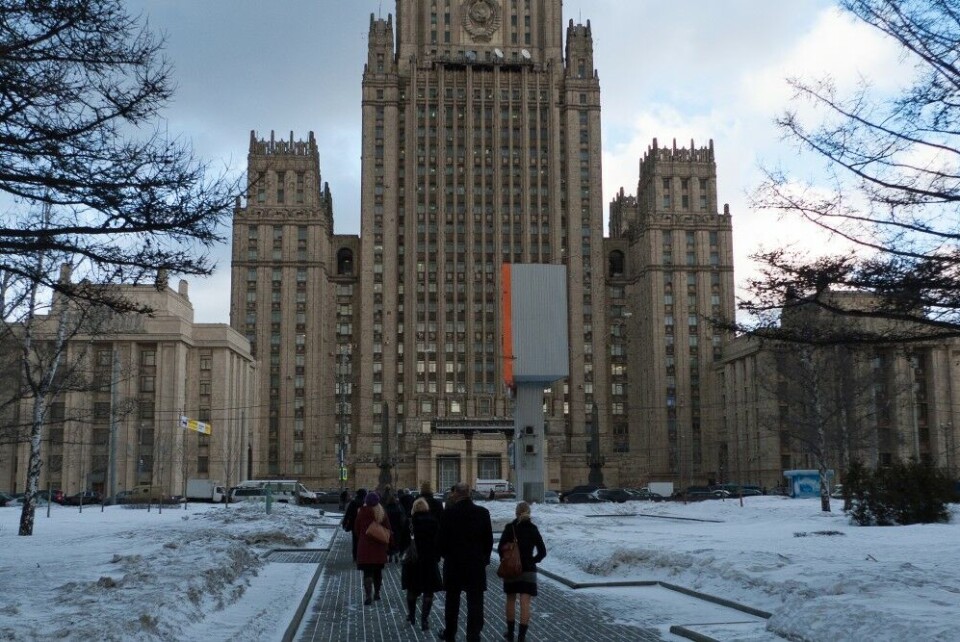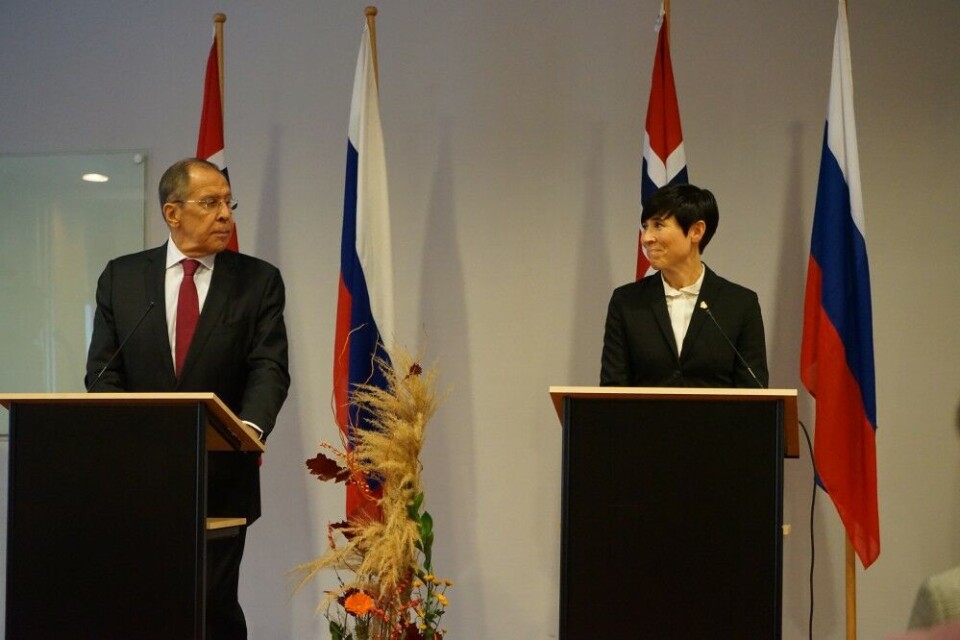
Skies over Russia are closing for European eyes
Moscow on Friday announced it will follow the US and starts preparing for leaving the Open Skies multilateral arms control treaty.
It was in May US President Donald Trump signed the order to pull out of the Open Skies Treaty, with effect six months later, on November 22, 2020.
“The United States of America withdrew from the Treaty on Open Skies under an artificial pretext,” the statement by Russia’s Foreign Ministry on January 15 says.
“This essentially destroyed the balance of interests of the State-Parties reached when the Treaty was signed, inflicted a severe damage to its functioning and undermined the role of the Open Skies Treaty as a confidence and security-building measure.”
The Open Skies Treaty permits signature countries to conduct short-notice, unarmed reconnaissance flights over the others’ entire territories to collect data on military forces and activities.
The agreement has been one of the pillars in European security architecture for the past three decades.
Russian inspectors have several times inspected military bases in northern Norway from the air and made landings, like in 2015 at Bardufoss airport. Norway, and other signature parties, have been welcomed to fly over the neighboring militarized Kola Peninsula and other areas in Russia.
35 countries in Europe, Central Asia, and North America signed the 1992 treaty, including all Arctic nations.
When Washington announced its withdrawal from the treaty last spring, Secretary of State, Mike Pompeo said in a statement that continued participation in the agreement was untenable.
“Russia’s implementation and violation of Open Skies, however, has undermined this central confidence-building function of the Treaty – and has, in fact, fueled distrust and threats to our national security – making continued U.S. participation untenable.”
Norway’s Foreign Minister, Ine Eriksen Søreide told the Barents Observer that Norway shared the United States’ concerns about Russia’s inconclusive compliance with the provisions of the treaty.
“We have raised those concerns about inconclusive compliances with Russia and will continue to do so,” the Norwegian Foreign Minister elaborated.
“However, it is our view that the current challenges associated with the implementation of the agreement can and should be addressed within the framework and bodies of the treaty,” Ine Eriksen Søreide said as she expressed her disappointment by the US withdrawal.

The trouble started after Russia some years back imposed restrictions many of the other countries said was inconsistent with the Treaty. That included flight limitations over Kaliningrad and some areas near Russia’s border to Georgia.
Moscow denies the accusations and says it was ready to discuss the provisions of the agreement.
“The Russian side put forward specific proposals consistent with the fundamental provisions of the Treaty aimed at preserving its viability under the new circumstances. We state with regret that they found no support on the part of the US allies,” Friday’s statement from the Foreign Ministry reads.
With both Russia and the United States out of the Open Skies Treaty, its practical fundament is expected to fall apart for the other 33 signature countries as well.
















